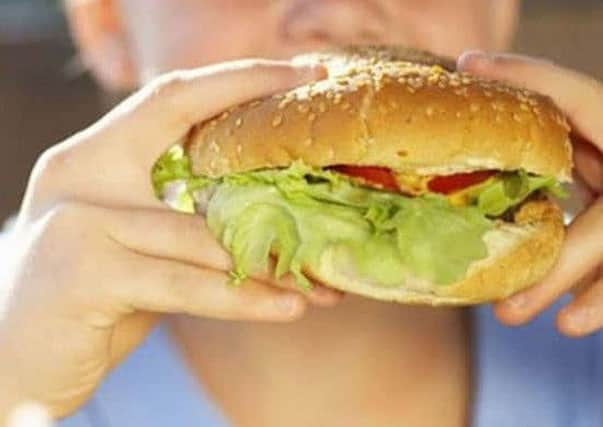Holyrood set for crunch debate over curbs on junk food sales


The SNP administration says it aims to put in place “the right measures” to restrict junk food promotions which encourage over-eating and impulse buying.
But its plans will hit opposition from people who argue that curbs on food and drink that is high in fat, sugar or salt would hit the poorest in society hardest.
Advertisement
Hide AdAdvertisement
Hide AdThere were 726 consultation responses from individuals and organisations to the proposals now under active consideration, and they disclose a wide variety of views.
They range from people who think there should no restrictions to others who say the plans do not go far enough.
Claims that education on low cost healthy eating options could ease consumer fears may not win wide support, but the Scottish Government considers the level of obesity - especially among children - calls for robust action.
However some defenders of the status quo, which allows people to buy as much unhealthy food as they like - often in multibuy special offers - say moves to restrict food choice are undemocratic.
Advertisement
Hide AdAdvertisement
Hide AdMeanwhile one factor not apparently included in the consultation exercise is the unknown effect of Britain leaving the EU at some point.
The UK Government’s leaked Yellowhammer report suggests shortages will hit people on low incomes most, and by the time the Holyrood debate takes places in the current Parliament food issues could - most serious analysts agree - assume special importance.
Some responses also argued that moves to ban sales of food that is close to expiry date could undermine attempts to cut food waste.
Such a move would take effect at the very time when some supermarkets are increasingly donating unused food supplies to food banks.
Advertisement
Hide AdAdvertisement
Hide AdAnother argument against enforcement of restrictions is that it would place an added burden on council expenditure, and that separate funding would be needed purely to control food regulation.
Where people agreed some curbs are needed there was a bias against “discretionary” foods - those which aren’t necessary to a healthy diet, such as ice cream.
However despite negative reactions to controls more than eight in ten respondents from non-industry organisations and over half of individual responses agreed mandatory restrictions of some kind should be enforced.
They generally acknowledged the scale of the problem, the link between promotions and sales, and that controls would help to reduce the likelihood of people bingeing on unhealthy food.